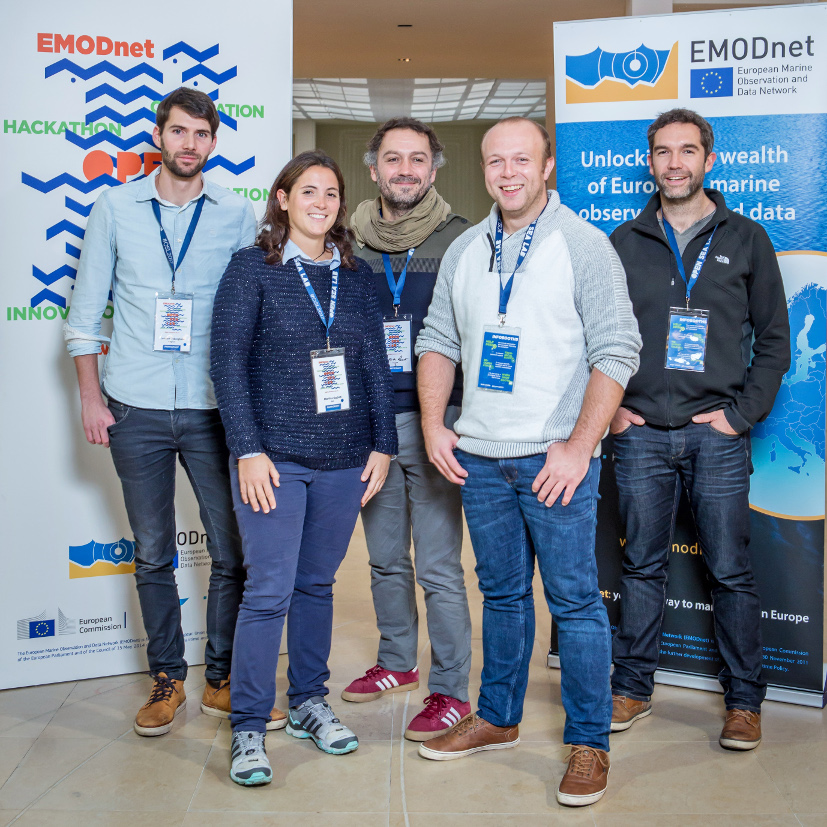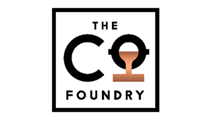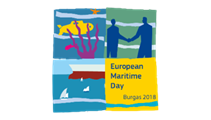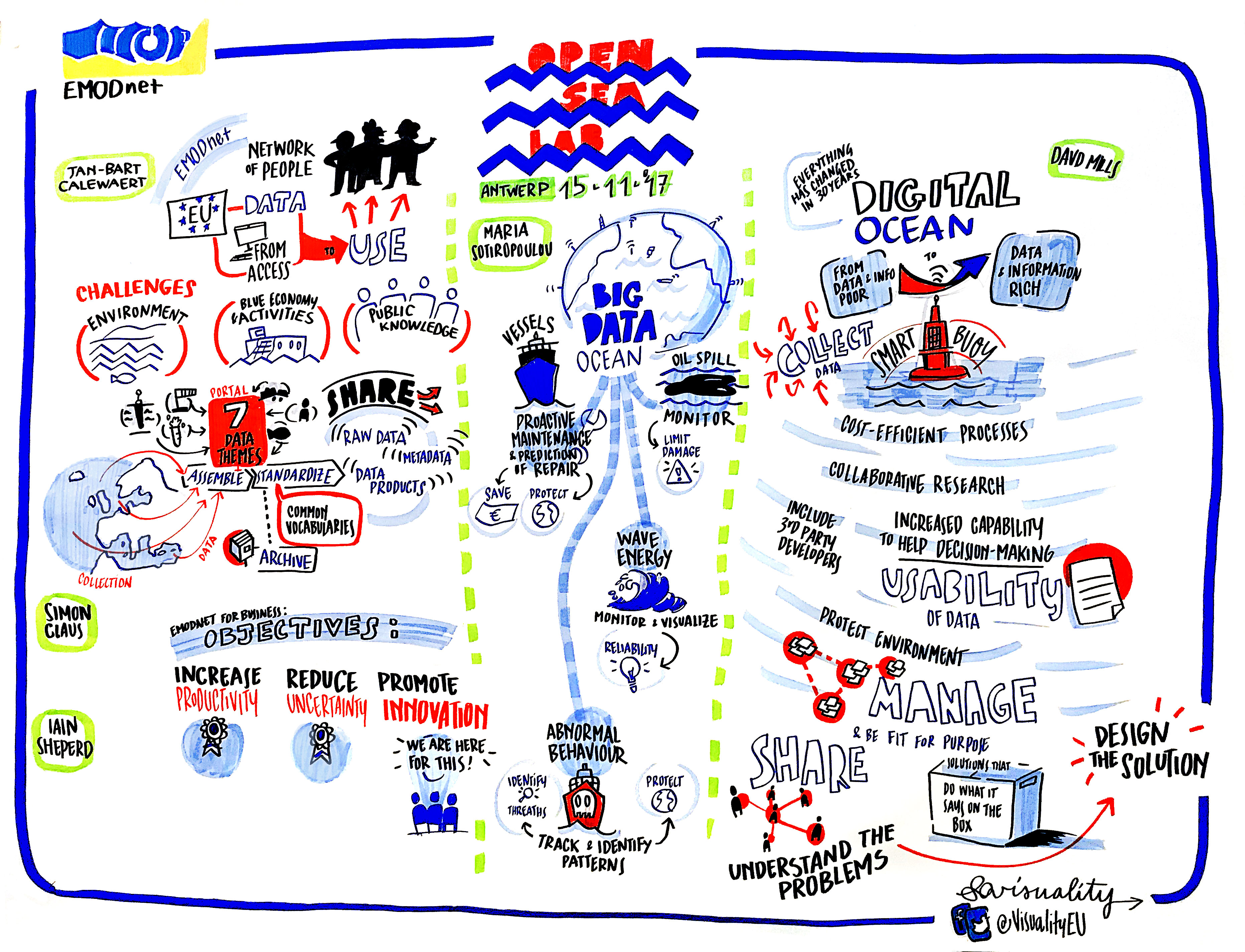Exploring the potential of marine open data was the focus of the first EMODnet Open Sea Lab a three-day bootcamp & hackathon where teams competed to develop novel applications using marine open data.
Participants from 15 countries (including Canada), with diverse backgrounds and skill sets, came together in the stimulating environs of Antwerp’s StartUp village. This was no ordinary hackathon; with organisers from EMODnet, VLIZ and imec on-hand, participants were able to avail of expert-led workshops and one-on-one training to improve their data manipulation, business-modelling, user-testing and pitching skills.
For those in need of more inspiration, invited speakers provided some food for thought. David Mills, iMarDIS-SEACAMS provided a retrospective and future look at marine data collection and sharing. Maria Sotiropoulou, HCMR, representing the Big Data Ocean project described their plans to enable maritime big data scenarios. Gerben deBoer, Van Oord, kicked off Day-2 with a keynote on marine data challenges and solutions, providing an industry perspective on data use and sharing as well as advice for participants and data managers. Juliette Rimetz, Technopole Brest-Iroise, shared their experience of organising the 2nd Ocean Hackathon in Brest. Finally, Frederic Bardolle discussed Ethics in Artificial Intelligence.
The competing teams worked with great enthusiasm and determination to develop their ideas in only three days, combining data from EMODnet portals, but also from other sources such as CMEMS and ICES. Diverse and advanced concepts and demos were presented to the jury at the end of Day 3. The outputs ranged from tools to support fishermen, environmental managers and the windfarm sector, to marine tourism apps for the general public. A common theme was the need to develop an interface that could harness the vast resources of available marine data and make these accessible for users in a way that they can understand and use them to address their specific needs.
The winning product, developed by Team 5 (pictured below) was a tool to identify suitable sites to farm seaweed in Europe. See EMODnet's GitHub.

©Dirk Leemans
Further details on all the teams outputs are below (click team's title to see picture).
- Team CLP (Counter Logic Programming) developed a decision support system for near-future catch planning in the fisheries sector. Where to fish, what and when? see presentation
- Team X presented a decision support tool for the offshore wind energy sector. ‘Aggregator’ displayed gridded cells to allow users to assess the suitability of a site for establishing wind turbines. see presentation
- Team iMarDIS, winners of ‘Best Pitch’, produced a tool for scuba divers to identify where to dive for wrecks. Users would be able to identify suitable wreck dive sites based on a range of parameters. see presentation
- Team Marine Litter presented their plans to create a marine litter hotspot prediction tool. see presentation
- Team 5, and the overall winner of ‘Best Product’ developed an EU wide tool for identifying suitable areas at sea to farm seaweed. The tool is open source and available now on GitHub, and has potential for adaptation to other sectors. see presentation
- Team Deltares demonstrated their ‘Environmental Impact Assessment Wizard’ to make life easier for environmental project managers, by providing them with rapid access to relevant data at a relevant scale. see presentation
- Team Soledad presented their progress towards a tourism App to identify suitable beaches for tourism activities based on various parameters. see presentation
All winning teams receive awards from DataCamp, and the winning team will present their product at European Maritime Day in addition to the opportunity to further develop their concept at the CoFoundry. Five students won the opportunity to further deveop their ideas at Open Summer of Code.
 |
 |
 |
 |
In addition to the innovative products developed, Open Sea Lab provided a unique opportunity to test EMODnet data and services, with EMODnet developers and coaches on hand throughout the event to identify problems and see where EMODnet data and services could be improved to better address user needs.
The full programme, including speakers presentations, can be found at http://www.opensealab.eu/Bootcamp. Further outputs including a short video of the event will be available soon.

